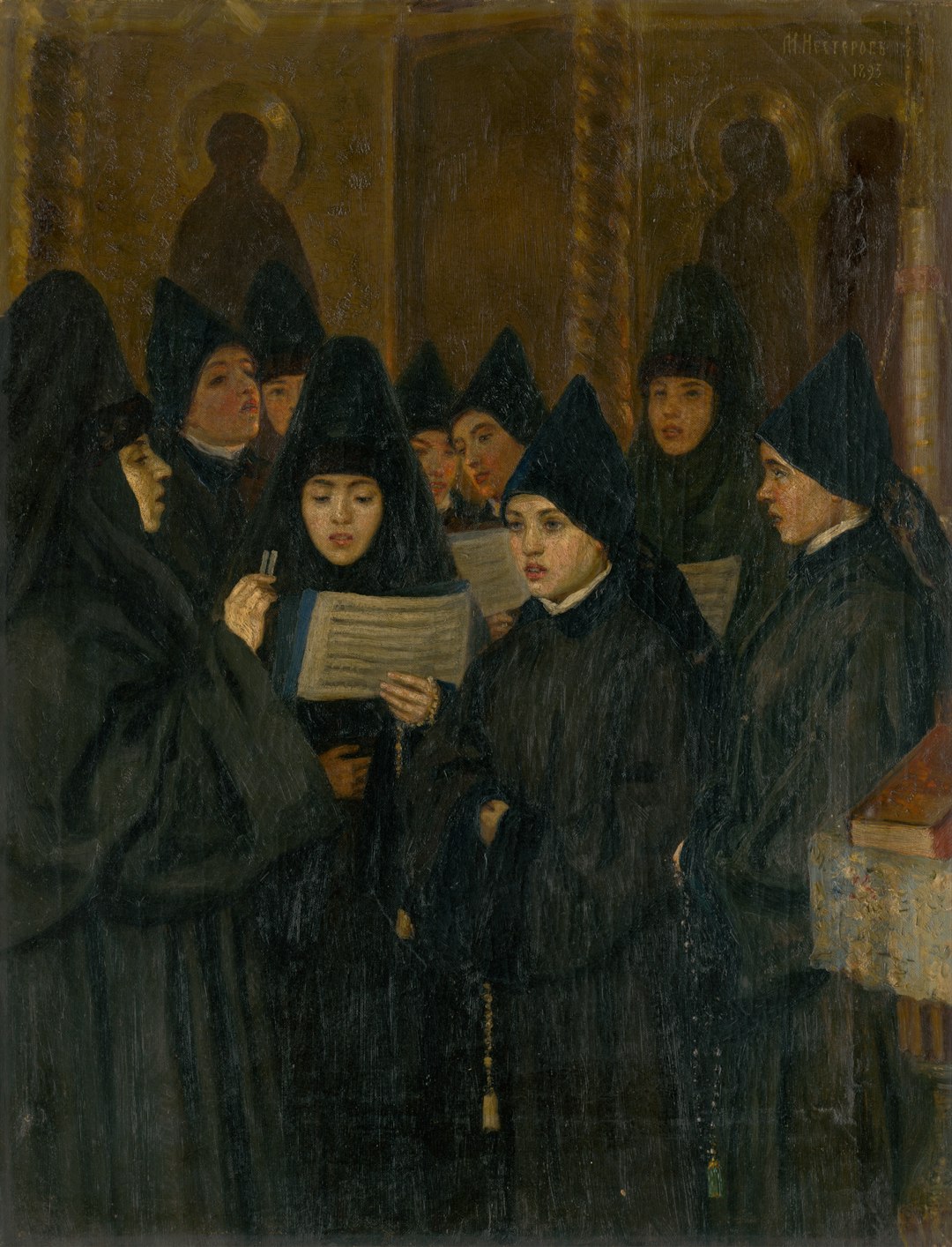Religious holidays are an essential part of many cultures around the world, providing a time for communities to come together to celebrate their faith and traditions. While the underlying beliefs may be similar, the ways in which different cultures celebrate these holidays can vary greatly. From elaborate ceremonies and rituals to festive gatherings and feasts, each culture puts its own unique spin on religious holidays. In this blog post, we will explore how different cultures celebrate their religious holidays and the significance behind these diverse customs.
One of the most widely celebrated religious holidays is Christmas, which marks the birth of Jesus Christ in Christian faith. In Western countries like the United States and European nations, Christmas is typically a time for families to come together, exchange gifts, and indulge in festive feasts. Decorations such as Christmas trees, lights, and wreaths are put up in homes and public spaces, creating a magical atmosphere.
In contrast, in Latin American countries like Mexico, Christmas celebrations are marked by elaborate nativity scenes known as “nacimientos” and festive processions called “posadas.” These events reenact the journey of Mary and Joseph to Bethlehem and bring communities together in prayer and song. In some countries like Puerto Rico, Christmas celebrations continue well into January with the observance of Three Kings Day, when children receive gifts from the Three Wise Men.
Another significant religious holiday celebrated by people of the Jewish faith is Hanukkah, also known as the Festival of Lights. Hanukkah commemorates the rededication of the Holy Temple in Jerusalem and the miracle of the oil lasting for eight days. Jewish families around the world celebrate Hanukkah by lighting the menorah, playing dreidel games, and enjoying traditional foods like latkes and sufganiyot (jelly-filled donuts).
In Israel, Hanukkah is celebrated with public menorah lighting ceremonies and parades, bringing the community together to mark the holiday. Each night of Hanukkah, another candle is added to the menorah until all eight candles are lit, symbolizing the miracle of the oil. Hanukkah is a time for reflection, gratitude, and joy for Jewish people worldwide.
In the Islamic faith, one of the most important religious holidays is Eid al-Fitr, which marks the end of Ramadan, the holy month of fasting. Eid al-Fitr is a time for Muslims to come together in prayer, feasting, and charitable giving. Families dress in their finest clothes, exchange gifts, and visit friends and relatives to celebrate the joyous occasion.
In countries like Saudi Arabia, Eid al-Fitr is celebrated with grand feasts, fireworks displays, and communal prayers at mosques. The holiday is a time for reflection on the spiritual growth achieved during Ramadan and a celebration of faith and community.
In India, the festival of Diwali is a significant religious holiday for people of the Hindu faith, marking the victory of light over darkness and good over evil. Diwali is known as the Festival of Lights and is celebrated with colorful decorations, fireworks, and the lighting of oil lamps called diyas.
During Diwali, families clean and decorate their homes, exchange gifts, and prepare special sweets and snacks. The festival is a time for prayers to the goddess Lakshmi for prosperity and wealth in the coming year. Diwali is a time of joy and renewal, bringing communities together in celebration and goodwill.
In Japan, one of the most important religious holidays is Oshogatsu, or New Year’s Day, which is celebrated in early January. Oshogatsu is a time for families to come together, visit shrines and temples, and participate in traditional customs like eating mochi (rice cakes) and flying kites.
On New Year’s Eve, families clean their homes and prepare special dishes for a large feast known as “osechi ryori.” At midnight, bells are rung at temples across Japan to usher in the new year. Oshogatsu is a time for reflection on the past year and hopes for a prosperous future.
In conclusion, the celebration of religious holidays is a significant aspect of cultural identity and tradition for people around the world. While the customs and practices may differ from one culture to another, the underlying values of faith, family, and community are universal. The diversity of how different cultures celebrate their religious holidays adds richness and depth to our understanding of the human experience. As we mark these special occasions, let us embrace the unique customs and traditions that make each culture’s celebrations truly special.

